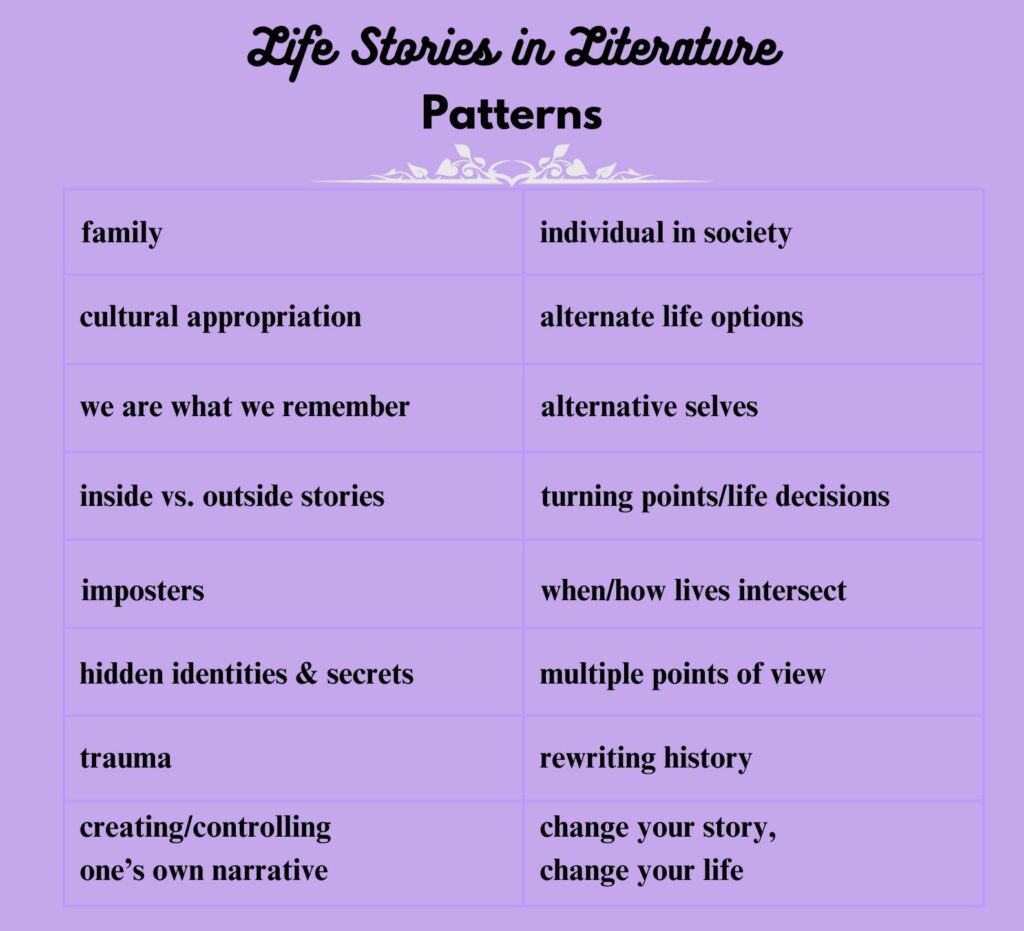
“We Really Love Working Here”: On Corporate Storytelling
“If everything is narrative, the meaninglessness of narrative is more or less implied.”
One indicator of how life story psychology has overtaken popular culture is frequent references to the importance of controlling the narrative. People have life stories, but so do larger entities such as special-interest groups, businesses, and even whole societies and cultures. This article from the MIT Press Reader is an excerpt from the book Portrait of the Manager as a Young Author: On Storytelling, Business, and Literature by Philipp Schönthaler. Here Schönthaler addresses the need—and the difficulty—of defining just what a story is.
David Lynch Opens a Portal to Our Minds
“I use the filmmaker’s work in my psychology lab to understand how we make sense of an unsettling world”
Social and cultural psychologist Steven J. Heine is particularly interested in studying “what happens when we fall into a state that philosopher Albert Camus called “the absurd,” when we realize that we are unable to continue making meaning in our lives.” Here Heine discusses how “[David] Lynch’s films offer a portal to [understanding] this unsettling state of mind.”
Why it matters that trauma affects women and men differently
Klára Hanáková,a psychiatrist-in-training in Prague, Czech Republic, writes “about half of us will experience at least one traumatic event in our lives. Whether caused by accidents or abuse, trauma leaves a lasting impact, casting a shadow over the way people think, feel and navigate the world.”
Here Hanáková examines how men and women experience trauma differently. Since reactions to trauma underlie much contemporary literature, understanding such differences can help readers more sensitively appreciate the fictional characters they meet.
What Do You Remember?
“We can remember a lot, if we give ourselves the time and space to try,” writes Joshua Rothman. And why should we try? Because “strangely, random memories can become relevant to the expanded version of you that remembering creates. The more you remember, the deeper your sense of yourself becomes.”
He even offers some advice on how to conjure up some of your memories.
The Badass Female Gladiators of Ancient Rome
“Gladiatrices were fierce athletes who drew crowds of thousands.”
Asia London Palomba tells us, “While male gladiators are one of ancient Rome’s most enduring legacies, the history of female gladiators is extremely fragmented. . . . Still, their existence is undeniable, challenging historic and modern assumptions about Roman women.”
I’m trying to put the bloodthirstiness aside to appreciate this has a story of how historically women have often been ignored, especially women whose actions defy a culturally convenient gender stereotype.
How Interviewing Your Own Family Can Change Your Life
Kevin Nguyen shares the story of how his father interviewed his relatives to learn the full story of the family’s flight from Vietnam in 1975: “I was impressed that my father put this project together with such care, resurfacing stories my family had long repressed.”
Mother’s childhood trauma linked to emotional and behavioral issues in her children, study finds
One of the recent advances in narrative identity theory is the concept of intergenerational trauma.
A new longitudinal study published in the Journal of Child Psychology and Psychiatry provides compelling evidence that a mother’s exposure to adversity in childhood can influence the emotional, behavioral, and cognitive development of her own children. The research found that these early experiences are not only linked to a child’s outcomes, but also shape the environment in which a child is raised—by affecting socioeconomic status, maternal mental health, relationship conflict, and caregiving behavior.
© 2025 by Mary Daniels Brown


I didn’t know ancient Rome had female gladiatrices. Kind of like Roller Derby but with swords?
“Kind of like Roller Derby but with swords?” That’s an interesting way to put it! But only if Roller Derby was a fight to the death.
Of course!